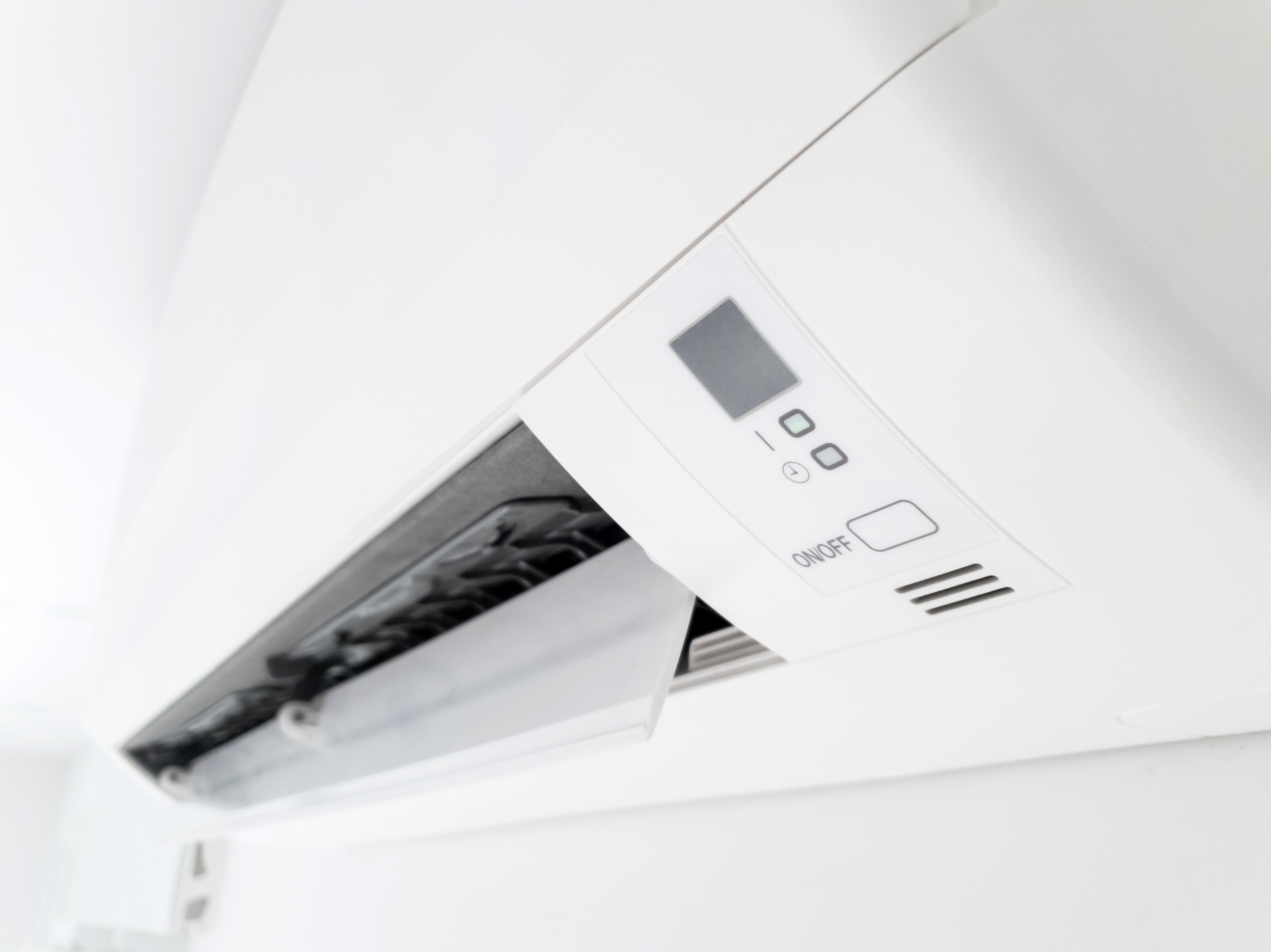Heat pumps are popular in California right now, and they’re more than just a passing fad. Heat pump HVAC systems use less energy than other types of heating and cooling systems, and they’re an essential part of California’s decarbonization goals.
Heat pumps are here to stay and there are California heat pump incentives available to help you install one.
But, there are several types of heat pump HVAC systems, all of which come with their own unique benefits. Keep reading for a crash course on the different types of heat pumps.
Air Source Heat Pumps
Air source heat pumps are a type of all-electric HVAC system that works by moving heat, rather than burning fuel to create heat the way a furnace does. Heat pumps provide both heating and air conditioning in one. In cooling mode, air source heat pumps work exactly like an air conditioner; they extract heat and humidity from the inside of your home and release it outside. (Technically speaking, an air conditioner is a type of heat pump.) The difference is that a heat pump can reverse the process. In heating mode, it will extract heat from the air outside your home and bring it inside.
There are two types of air-source heat pump HVAC systems: ducted heat pumps and ductless mini split heat pumps.
Ducted Air Source Heat Pumps
A ducted heat pump is a type of central heating and air conditioning system. The heat pump connects to your home’s central ductwork just like a central AC and furnace do. The duct system distributes heated and cooled air throughout your home via supply vents and collects air to be heated or cooled via return vents.
Ductless Mini Split Heat Pumps
Ductless mini splits are a type of heat pump system that does not connect to ductwork. In a mini split system, there is an outdoor unit and one or more indoor units, often referred to as “heads.” The heads can be installed almost anywhere in your home and are connected to the outdoor unit via a narrow conduit that holds the wiring and refrigerant line. The heads deliver heated or cooled air directly into the room or area they’re installed in. They can be controlled individually, making it easy to create comfort zones throughout your home. Want to go more in-depth on mini splits: Read this article: Is a Mini Split Heat Pump Right for Your Home?
Ground Source Heat Pumps
Ground source heat pumps, commonly known as geothermal heat pumps, are another type of heat pump HVAC system. Ground source heat pumps provide both heating and air conditioning in one, just like air source heat pumps, but they use the ground rather than the air to move heat around.
The temperature at about 30 feet below the ground remains nearly constant all year at about 50-60 degrees, which means ground temperatures are typically warmer than the air in the winter and cooler than the air in the summer. Geothermal heat pumps take advantage of the mild ground temperatures to heat and cool your home. In heating mode, it extracts heat from the ground near your home and brings it inside. In cooling mode, it removes heat from your home and deposits it underground.
Find the Right Type of Heat Pump for Your Home
The best type of heat pump heating and cooling system for your home will depend on a number of factors. An experienced heat pump installer will be able to help you compare the pros and cons of each type of heat pump system based on your specific needs, preferences, and budget and help you choose the right fit for your home.
The Clean Energy Connection makes it easy to find a qualified heat pump installer near you in California. Our free online directory connects you to vetted clean energy contractors who specialize in home electrification upgrades like heat pump installation. Learn more about how our process works and find a heat pump installer today!


